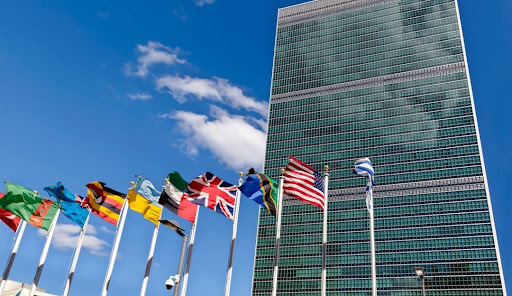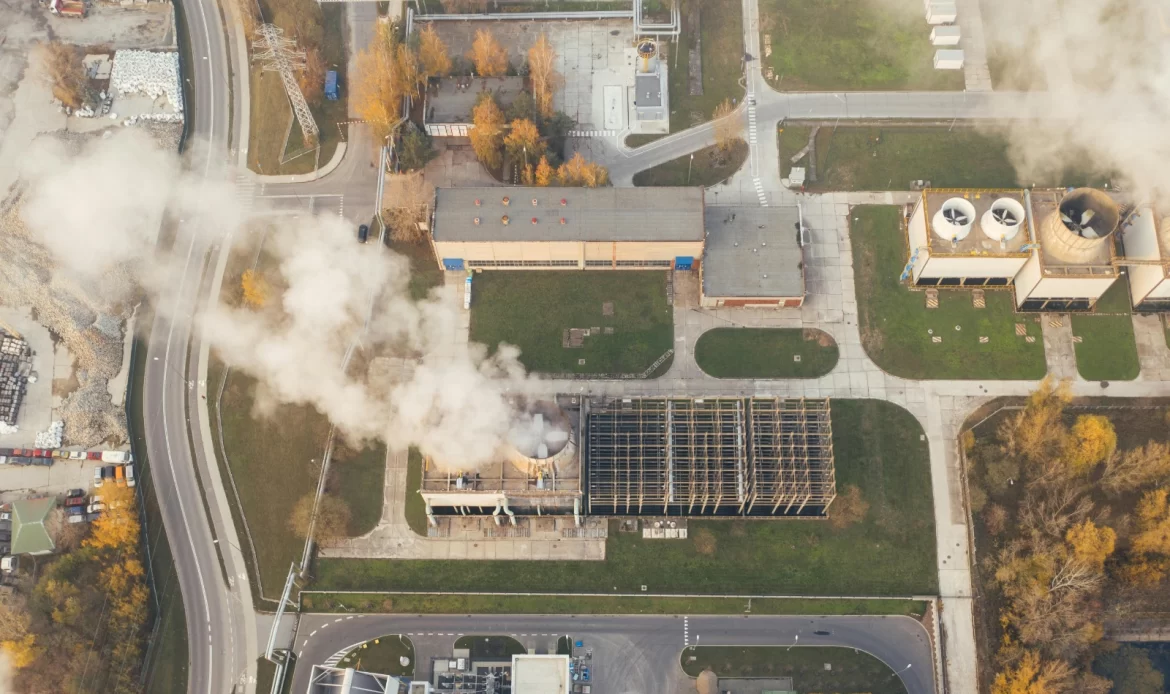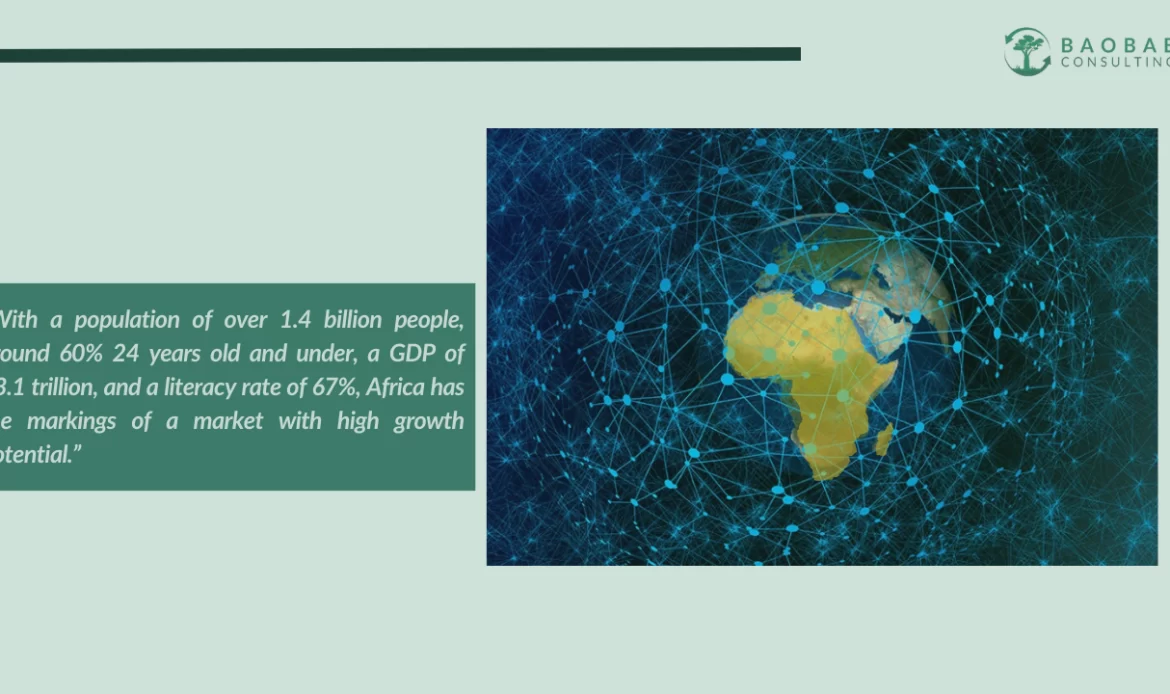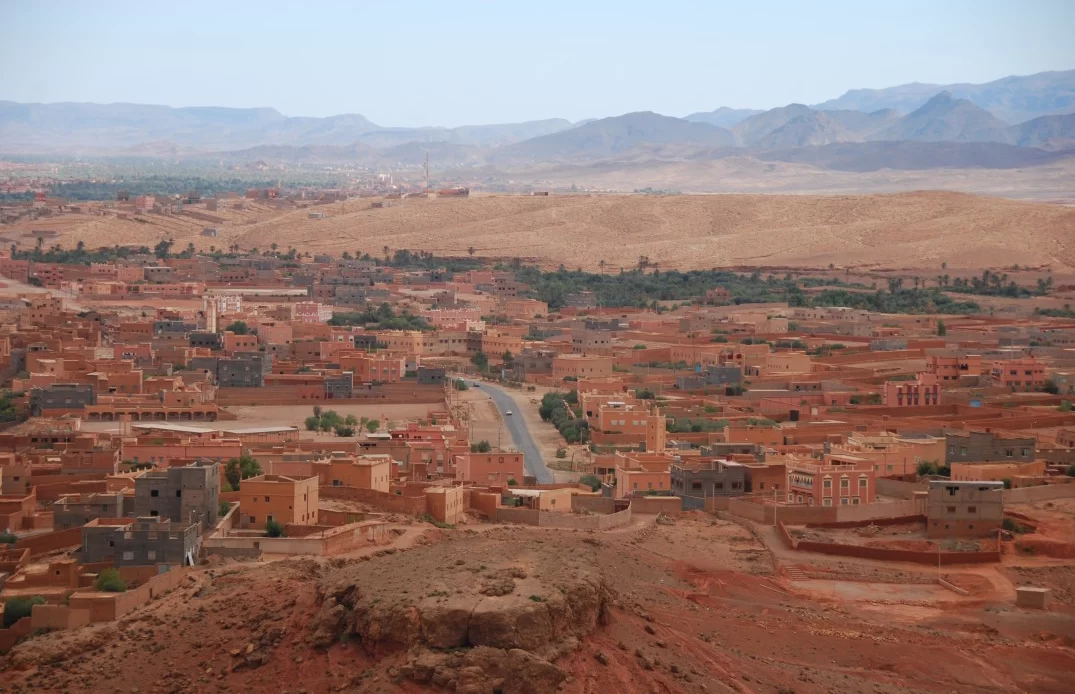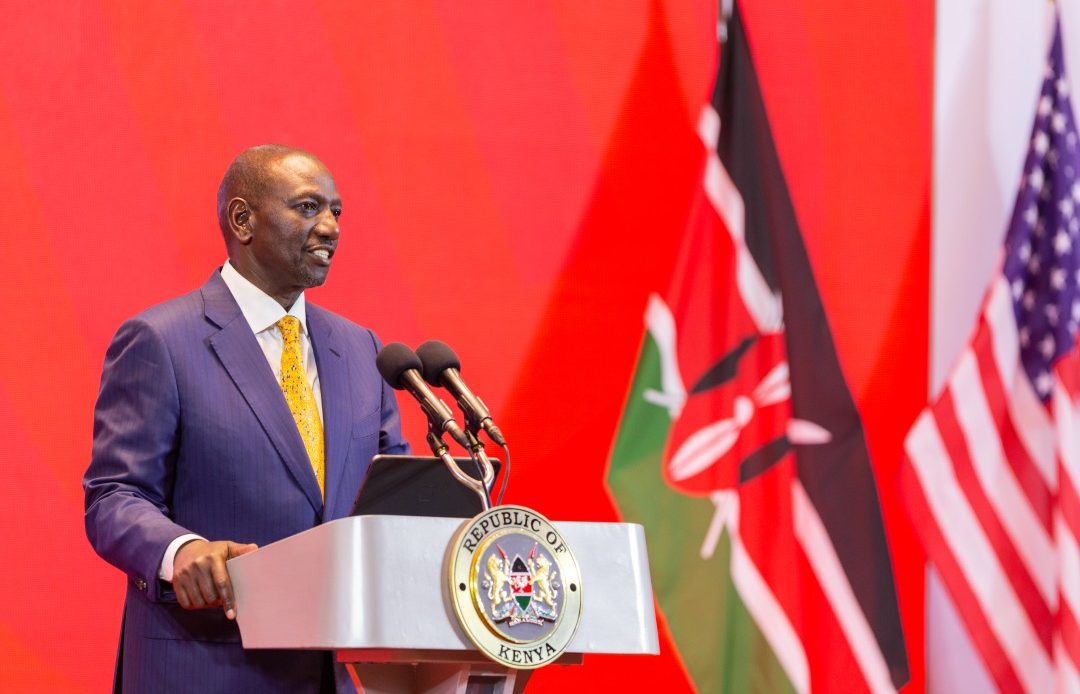by Waithera Wambugu
Ecocide is a criminalized human activity that violates the principles of environmental justice by substantially damaging or destroying ecosystems or by harming the health and well-being of a species. Ecocide has not yet been accepted as an internationally punishable crime by the United Nations. Hence, communities and environmental activists have to fight lengthy legal battles to get any kind of justice. The work of defending land, ecosystems, indigenous rights, and livelihoods often comes with immense risks. Across the world, environmental human rights defenders face threats, from harassment to intimidation, assault and even assassination.
Kenya is ranked among the most dangerous countries in the world for activists and rights defenders by the 2019 Front Line Defenders Global Analysis Report. Renowned environmentalist Prof Wangari Maathai was tortured for fighting deforestation in Karura forest to pave way for modern housing projects by the then government. Phyllis Omido , a lawyer, and activist was arrested and charged for allegedly inciting violence while protesting the lead-poisoning of the residents in her community in Mombasa. In Lamu during the protests of construction of the coal plant, activists were arrested and held at the local police station for participating in an “illegal assembly”. They were however not charged.
Joshua Castellino, Executive Director Minority Rights Group says, “A clear node exists between corporations seeking to exploit resources to benefit their supply chains and governments that stand to profit in the short-term from the said exploitation.” Greed is the main driver behind this menace. If corporations did not want to increase production and sales at unreasonably low costs, the earth would probably still be safe and healthy. If governments focused on long-term benefits and protection of its people and the environment, perhaps terms like greenhouse effect, carbon footprint and ecocide would never have existed. However, the terms do exist, and so does environmental destruction, which is triggering a conversation that can no longer be eschewed.
In 2006, Kenya Metal Refineries EPZ Limited, a battery recycling company set up a plant at Owino Uhuru slums in Mombasa, Kenya that effused toxic lead waste that ended up poisoning the residents. From a community of 3000 people, an estimated 100 people died from the pollution as a consequence. Despite this horrendous occurrence, the factory was only shut down in 2014, 8 years later, after public pressure and legal battles.
Just 240km North of Mombasa, activists have been fighting plans for a 1050-megawatt coal-fired power plant off the coast of the pristine Lamu island since 2014. Owing to greed and corruption, it is not a surprise that Amu Power, the corporation behind the project, initially won the bid for the construction and operations. However, due to increased public pressure, the Kenyan National Environmental Tribunal halted the construction project from going ahead in 2019. Financiers have since quit from the project. Nevertheless, Amu Power is still relentless in commencing construction. If completed, the coal-fired power plant is set to cause serious environmental destruction, including pollution of the ocean, air, and fresh water and cause a 700% increase in Kenya’s greenhouse gas emissions. The plant would threaten the resident`s way of life, as well as the wider human and ecosystems health.
In 2018, Kenya’s National Environment Management Authority (NEMA) tried to extend the 2017 plastic bag ban to include single-use plastic containers like bottles made from poly (ethylene terephthalate) PET. Nonetheless the corporate giants that produce and profit from PET sold the government on a self-regulated, industry-funded solution, PET Companies (PETCO). PETCO is supposed to bankroll infrastructure to help consumers segregate plastics and streamline the recycling process in a country where there is no government-funded infrastructure for processing a never-ending tsunami of it. To date, that infrastructure has failed to materialize. In the absence of promised infrastructure, the burden of recycling falls on ordinary Kenyans. This shortfall is staggering to Kenyans and the environment.
Development projects like these aforementioned, clearly contribute to significant social and environmental harm and the governments and corporations involved are rarely held to account. Thus, the only way out of this peril will be by enforcing a new international ecocide law to stop the powerful corporations and governments from destroying the earth. An expert panel of international lawyers are set to complete a draft definition of ‘ecocide’ which could see it added to the Rome Statute (the founding document of the International Criminal Court, (ICC), as a fifth international crime against peace by June 2021. The adoption of ecocide as a crime by the ICC would be a game-changer for getting justice to indigenous communities and other victims of environmental destruction. The culprits will be taken to the ICC, and the whole world will be able to see the faces of those that destroyed the marginalized community’s environment and the livelihoods that they derived from it. Despite the resistance that will come with enforcing the ecocide law at the ICC, this will be a step forward towards winning the conservation war against powerful corporations and governments.
In the meantime, we can all stand up to ecocide by using our voices and speaking up to the right people, getting acquainted with factual news of the recent state of the natural world and sharing this information with our families and friends, voting for responsible leaders who make environmental conservation a top priority, choosing sustainable means of transport, eating responsibly, reducing individual waste, watching what we buy and donating to organizations that advocate for environmental protection and conservation like Friends of the Earth International, The Nature Conservancy and World Wide Fund for Nature.


